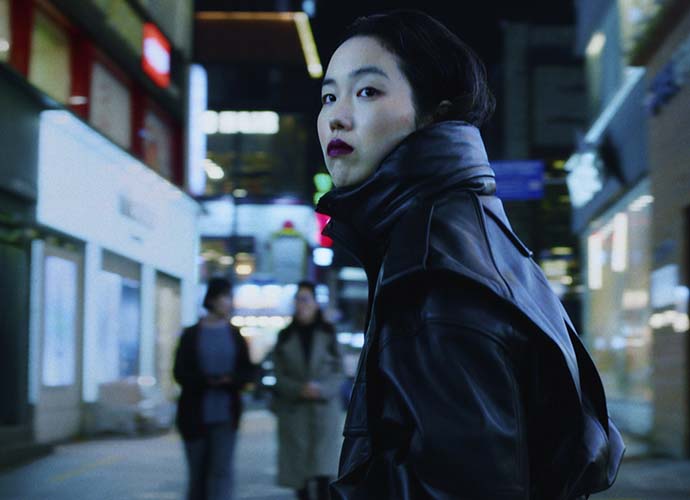‘Return To Seoul’ Movie Review: When A Foreign Orphan Struggles To Find Love In A Strange World

4/5
On paper, the basic premise of Davy Chou‘s Return to Seoul doesn’t seem that original: the story of a French Korean woman who visits her home country of South Korea in an attempt to find and connect with her parents who had left her at an adoption center only to discover that her desire to build some sort of relationship doesn’t pan out the way she hoped.
Almost every aspect of this film’s story has been done before: Lulu Wang’s The Farewell explores a similar concept about a Chinese American woman visiting her home country and experiencing a sense of culture shock, Hirokazu Koreeda’s Brokers explores similar themes about family and friendship amongst a group of orphans, and Jocham Trier’s The Worst Person in the World follows a young woman lost and trying to find meaning in her life.
And yet in spite of all these similar parallels, Chou’s Return to Seoul is proof that the most important aspect of telling a story is not the premise itself, but how that premise is executed, and in the case of Return to Seoul this is a film that masterfully executes almost everything that it attempts to explore. This is an incredibly well-made, well-acted, and overall emotionally powerful film that manages to grip you and keep you invested from beginning to end. Every scene in this film has so much purpose and weight. The way scenes are structured and the way certain moments are shots leave you completely overwhelmed not just because of how beautiful everything is, but also because everything carries so much meaning.
This is a subtle film that asks you to keep up with its characters and its subject matter. This is not a movie that holds your hand, it simply presents things the way by relying less on dialogue and more on physical performances. Most importantly though, this is a film that very much asks you to think about what you’re watching. I found myself asking: “Are the characters in the right here? Do they deserve any kind of sympathy? What are everyone’s overall motivations?”
Return to Seoul doesn’t portray its subject matter in any black-and-white context, it asks you to determine for yourself who is in the wrong here. While we sympathize with the main character Freddie (Park Ji-Min) and her quest to discover who her biological parents are and ultimately rediscover who she is, she is also a very unlikeable person who would prefer to act tough and nonchalant instead of actively dig deep into what’s really bugging her. For a woman that is desperately trying to find a connection, she does a good job pushing a lot of people away, and while external factors certainly are at fault as well and her biological parents are just as much toxic as her, as one character points out, she is “a very sad person.”
While I do have a couple of minor issues with the film, particularly involving a subplot with an arms dealer that, while not poorly communicated or ineffective, did stretch out the runtime a little bit as the film did overstay its welcome, Return to Seoul is very much a movie where the positives outweigh the negatives. Almost everything about this film, from its acting to its cinematography to its use of music and everything in between, was top-notch. This is not a film for everyone as it can be a long and exhausting watch, but this was something that I very much connected with and I hope to see more from this director in the future.
RELATED ARTICLES
Get the most-revealing celebrity conversations with the uInterview podcast!








Leave a comment